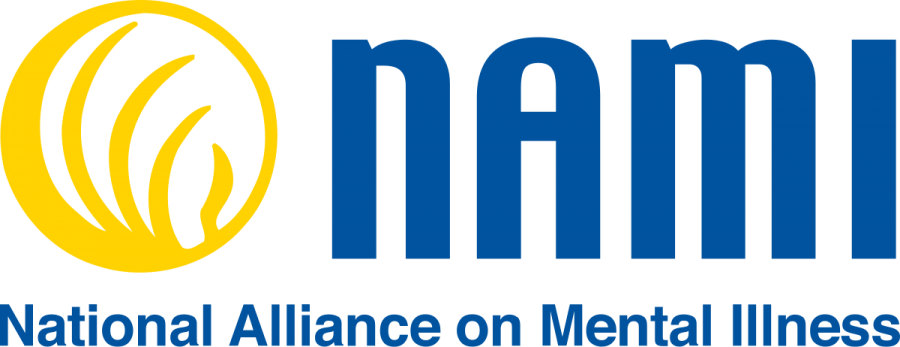NAMI to teach mental health first aid
September 14, 2021
The National Alliance on Mental Illness (NAMI) in Erie County will hold a series of courses beginning Wednesday for youth mental health first aid and Sept. 22 for adult mental health first aid.
The courses, part of a free eight-hour evidence-based program, will be held via Zoom by NAMI, which is dedicated to providing support and awareness to those affected by mental illness through different types of programming, Denise Kolivoski, executive director of the NAMI of Erie County, said.
During the course, participants will learn risk factors and warning signs for mental health, as well as strategies for helping people in crisis and noncrisis situations and resources to turn to for help.
During the youth mental health first aid course, participants will learn how to identify, understand and respond to signs of mental illness and substance abuse disorders.
This training will provide the skills necessary to provide initial help and support to a youth developing a mental health problem or experiencing a crisis. Its design is based on teaching individuals, especially those who are regularly in contact with young people, how to help anyone aged 12-18 with a mental health or addiction crisis.
The adult mental health first aid course is similar, as it teaches individuals how to identify, understand and respond to signs of mental illnesses and substance abuse disorders, as well as how to provide help to those experiencing addiction or a mental health crisis. This course is designed to equip adults with the skills needed to help other adults in crisis.
According to Kolivoski, the evolving state of the pandemic creates mental health needs that are constantly changing. Because of this, mental health first aid training is as important as medical first aid training.
“Medical first aid training gives the individual the knowledge on how to prevent accidents, injuries and sudden illnesses,” she said. “Mental health first aid training is just as significant because it equips the individual in knowing and understanding how to help someone in a sudden crisis to prevent accidents and injuries just the same.”
Through NAMI’s mental health first aid training, those who participate will be able to support individuals in crisis, identify the warning signs and risk factors for certain illnesses and better understand how mental health challenges affect individuals and their families daily, she said.
Members of the Gannon community are encouraged to participate in mental health first aid training. The courses are free and are one-day sessions from 8:30 a.m. until 5 p.m.
Topics covered during the course include depression and mood disorders, anxiety disorders, trauma, psychosis and substance abuse disorders. It also teaches participants how to respond to panic attacks, suicidal thoughts or behaviors, nonsuicidal self-injury, acute psychosis, overdose or withdrawal from alcohol or drug use, and reaction to a traumatic event.
It is important for anyone to learn these skills, as anyone can be a mental health first aid responder, according to Kolivoski.
“Mental health first aiders are teachers, first responders and veterans,” she said. “They’re neighbors, parents and friends. They’re people in recovery and those supporting a loved one. Mental health first aiders are anyone who wants to make their community healthier, happier and safer for all.”
ANNA MALESIEWSKI





